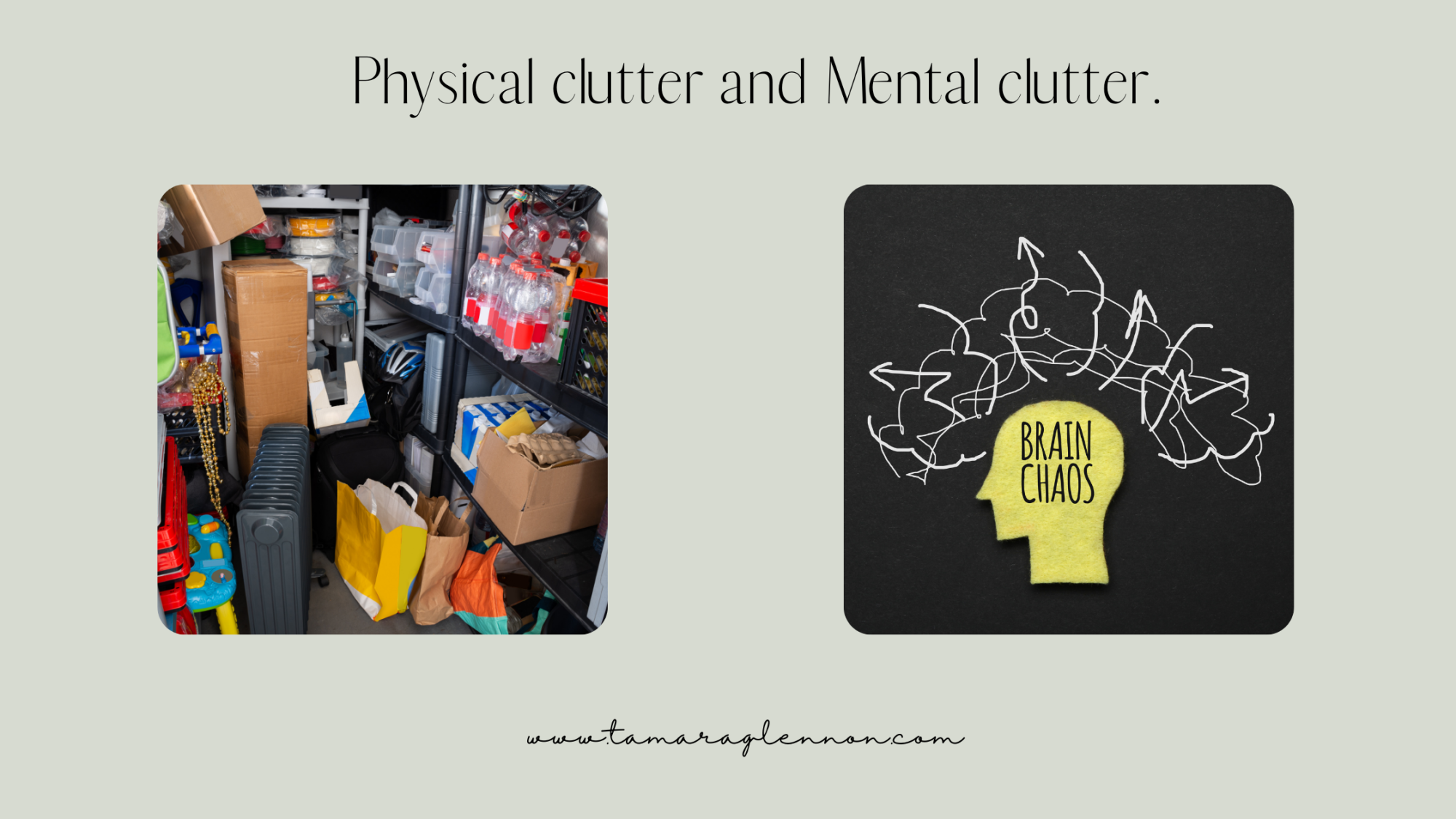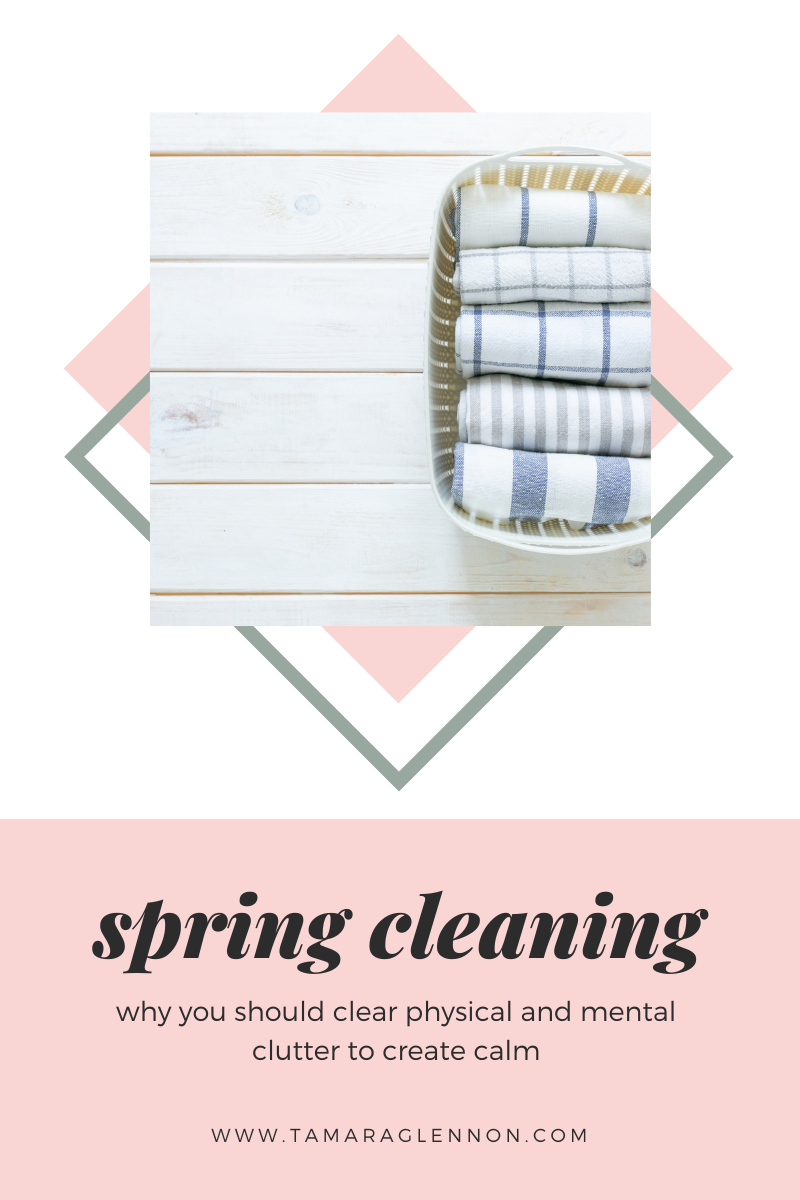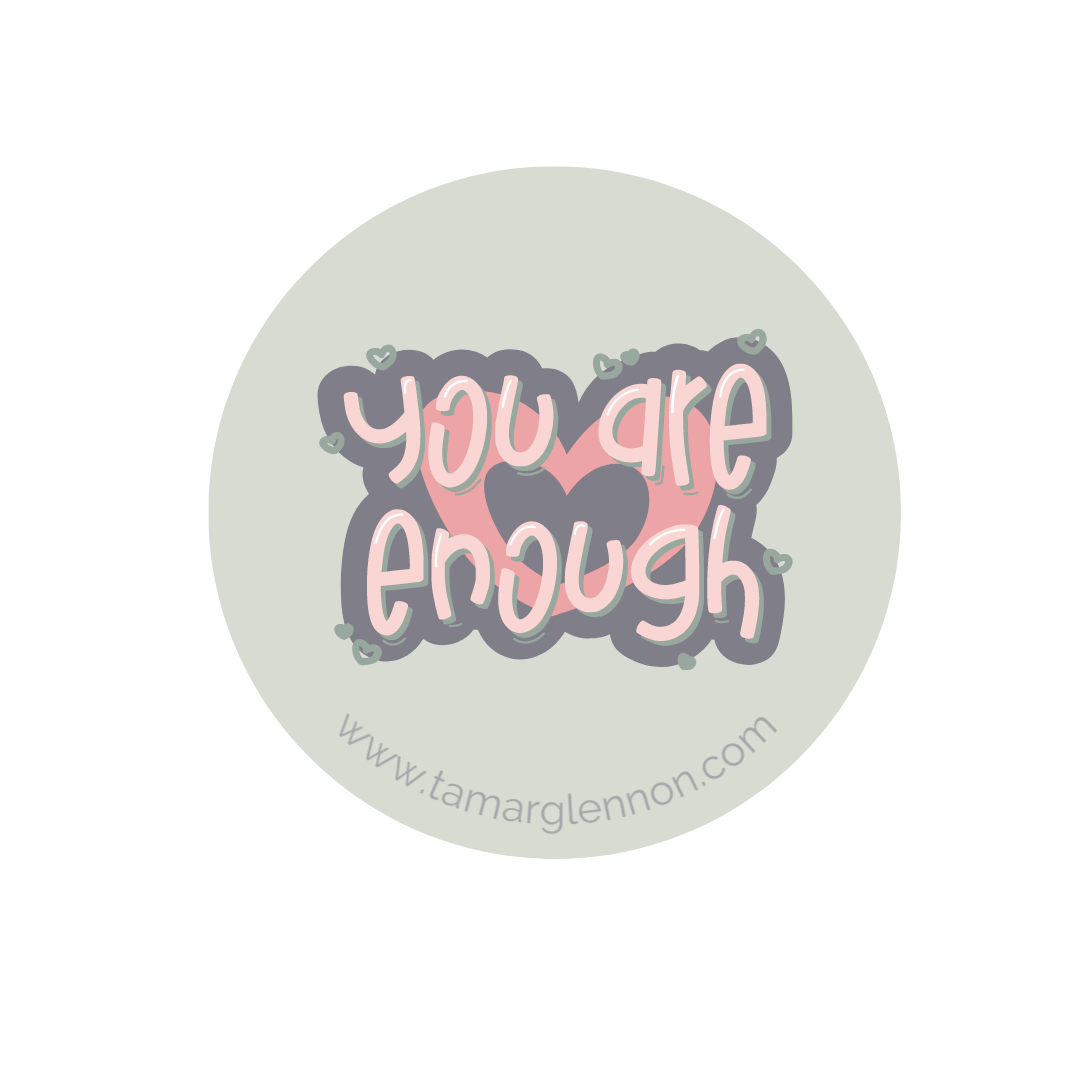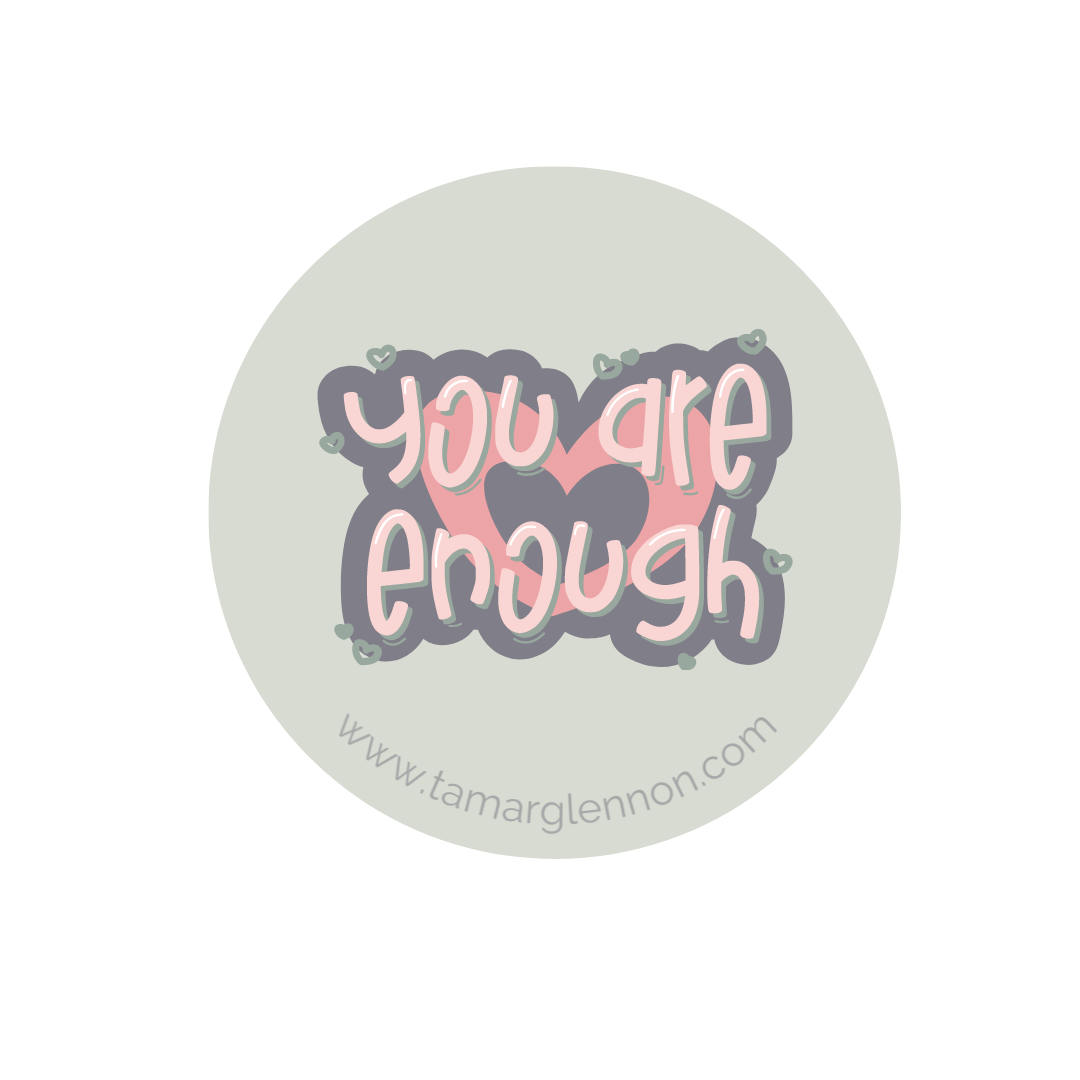
What is mental clutter and why should you care?
There’s Physical Cutter & Mental Clutter
Clutter can come in many forms. For simplicity's sake, I'd like to break it down into two main types. These are physical and mental. Each has a heavy impact on your stress levels. They both are likely to play a role in keeping you from creating calm in your life. Therefore, I think it's important to take a look at each type, definite it, and examine ways both can negatively affect you.
Physical Clutter
Physical clutter is easy to understand. This is the kind of mess you can see. It's the piles of clothing, papers, dishes, and more that are strewn around your home or office. It's the overabundance of things you've been holding onto for years because they're sentimental or you might use them one day. Physical clutter can even be the many tabs you keep open in your computer browser or the tons of media you consume each day. These things can be seen. They consume large amounts of your resources such as time, space, and money.
Mental Clutter
Mental clutter isn't as simple to define. It involves the overload of information, along with nagging emotional issues, that overwhelm your mind. This type of internal congestion can consist of things such as your never-ending to-do list, negative internal dialogue, relationship demands, old grudges, or habits that don't serve you. The source of such mess usually lies in emotions like fear, regret, worry, guilt, or shame. Identifying the types of mental issues that are cluttering your brain can lead to purging yourself of them.

Effects of Clutter
Ridding yourself of clutter, both physical and mental, can truly increase your feelings of happiness and calm. It can lead to less stress and overall greater well-being. The negative effects of too much clutter are astounding. Decreased mental health is one of the biggest issues to come of surrounding yourself with all sorts of clutter. Studies show that mental hygiene is improved when clutter is kept under control, both in the home and in the workplace. Too much physical clutter impairs visual processing. It can be incredibly distracting to see lots of piles and messes in your surroundings, leading you to miss cues regarding people's emotions and other important information. Your cognition and clarity of mind are adversely affected by excess mental clutter. You simply can't think straight when you've got a whirlwind of thoughts and emotions swirling around in your head.
This is merely an overview of the ramifications that come from physical and mental clutter. However, the information above should give you some insight into how important it can be to clean things up in both your physical world and within your mind. Doing so can lead to tremendous benefits within your world, including more of the elusive calm you've been seeking. What is the biggest challenge for you? Mental or physical clutter?
Love what you read? Subscribe for updates.
Follow me on Social Media:
Join my group to learn more about how to support your mental health and well being.
Love the gram? Follow here.
Jumped on the Tik Tok Trend? Find me here
Want to shop with a purpose? Check out my etsy shop where I donate to Project Semicolon.




